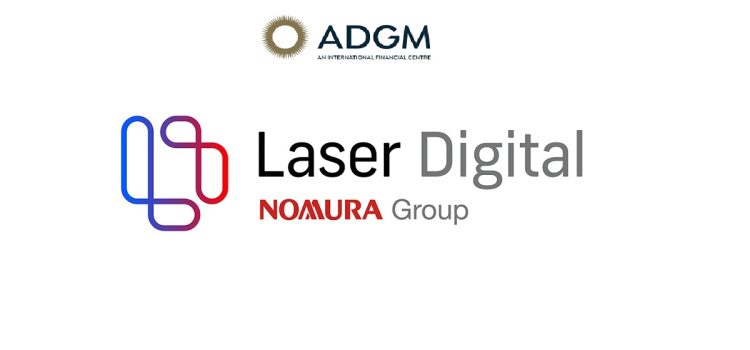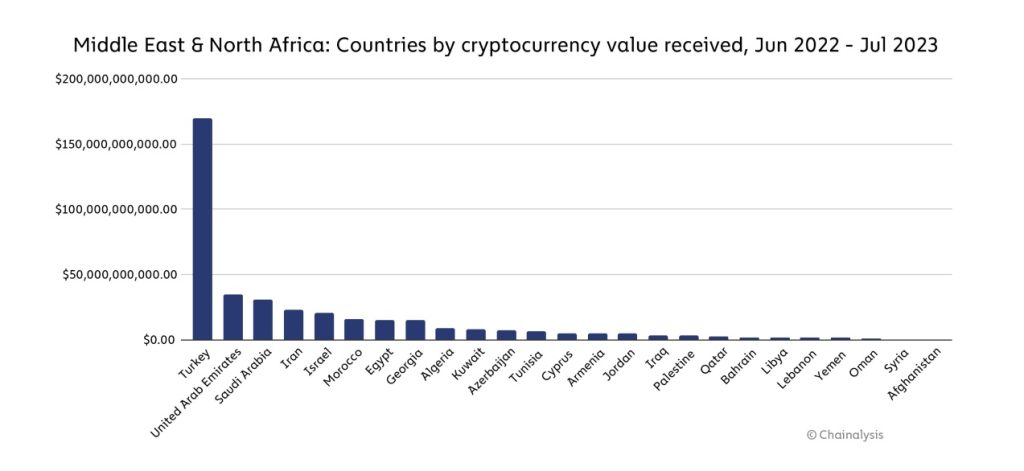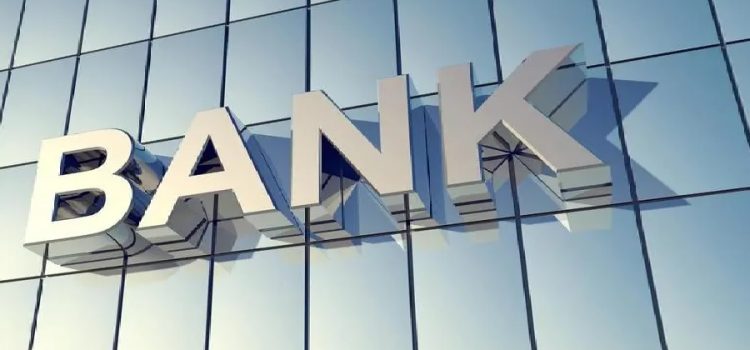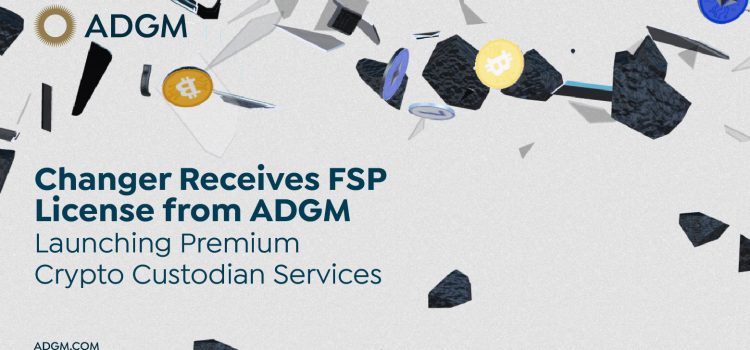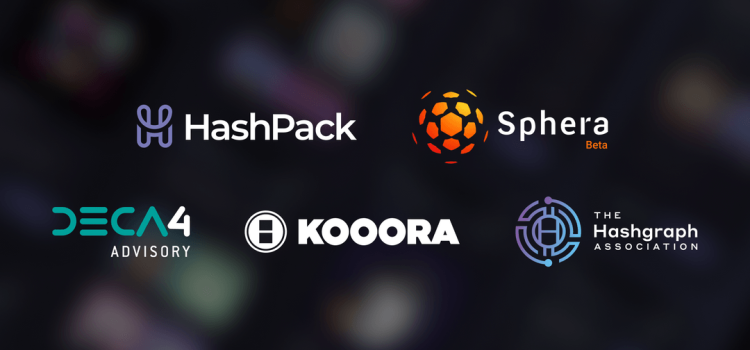
UAE based Ghaf Labs, a boutique consultancy and advisory firm specializing in web3 ventures partners with Sui Foundation, a Blockchain Foundation that supports the growth and proliferation of the Sui blockchain protocol (“Sui”) and associated ecosystem.
Sui is a Layer 1 blockchain and smart contract platform designed from the bottom up to make digital asset ownership fast, private, secure, and accessible to everyone.
This strategic alliance is aimed at driving Sui Foundation’s expansion within the UAE and the MENA region, fostering the growth of web3 adoption.
Established in 2019, Ghaf Capital Partners, a private investment firm, has solidified its position as a pioneering player in the web3 investment space, boasting an impressive portfolio of 75 portfolio companies. The team’s extensive business background and strong web2 exposure have uniquely positioned them to navigate the dynamic landscapes of both traditional and blockchain-based industries.
In response to the growing demand from companies seeking exposure in the MENA region, Ghaf Capital introduced Ghaf Labs, a boutique advisory and consultancy service dedicated to web3 ventures. The Labs’ philosophy is centered on providing personalized attention to a select number of clients each year, ensuring that their unique needs and goals are met with utmost precision and care.
As part of this groundbreaking partnership, Sui Foundation will be supported holistically through Ghaf’s expertise and market insights. With ambitious plans to expand its ecosystem in the UAE, Sui Foundation aims to tap into the region through a series of direct objectives, such as university partnerships, discussions with regulators, organizing regional hackathons and supporting local web3 projects.
Sui Foundation shall kick off its presence in the region by participating in some of the most prominent web3 summits in the UAE for Q4 2023, such as, Future Blockchain Summit, World Blockchain Summit and Global Blockchain Congress.
Sui Foundation will also host a monthly meet up in Dubai called “Sui Connect” which will act as an enabler for community building while fostering local ecosystem stimulation.
“We are delighted to partner with Sui Foundation on their journey to become the leading choice for web3 partnerships,” said Sheikh Al Mualla bin Ahmed Al Mualla, Co-founder of Ghaf Labs. “Their team’s commitment to excellence and groundbreaking innovations aligns perfectly with our vision of fostering the growth of web3 technologies in the MENA region,” Said Feras Al Sadek, Co-founder of Ghaf Labs.
Greg Siourounis, Managing Director at Sui Foundation, also expressed his enthusiasm about the partnership, saying, “Together with Ghaf Labs, we are poised to ignite an era of transformative advancements in web3 technologies in the MENA region and beyond, bringing Sui’s state-of-the-art blockchain-based technologies to bear addressing real world challenges that have not been solved by traditional centralized networks. We believe our shared vision will pave the way for building a global decentralized web3 ecosystem based on the most advanced technologies and inclusive of all people.”









